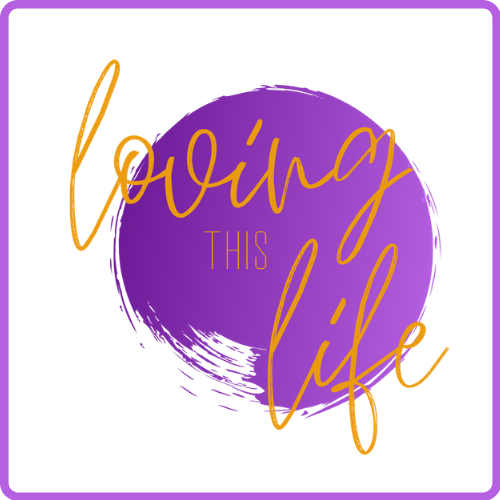
Living with Grief Due to Your Fibromyalgia.
Just when you think you’ve started to work out how to live with this massive curve ball in your life called Fibromyalgia, something else comes along that you have to deal with. Its name is grief and it will more than likely have a broad affect across your life.
I share this, not to discourage you, but to help you be prepared and not so knocked around by its effects. I speak as someone who has lived with grief for periods in my life.
“Why grief?” you may ask. Well, in all honesty and bluntness, why not! Think about everything that has changed in your life due to the onset of Fibromyalgia. Every one of us has different symptoms and varying ways to respond to them. But what all Fibromyalgia sufferers have in common is that everyone has had to change living their lives the way they used to due to the pain and/or fatigue that they now experience. For some, the loss is enormous. The pain and/or fatigue cripples you and means that you have to let go of many of the things that were routine in your life before. Going out after work with friends; playing sport; partying; working fulltime; doing fun, exhausting things with your kids; the list of things we can no longer manage is long. Is it any wonder that grief also enters your life? There has been a lot to let go of, to change, and to embrace since your diagnosis of Fibromyalgia. Everyone will find differences in the way the grief emerges. Below is a list of possible times when grief can hit:
- When you are diagnosed: It’s normal to have a sense of relief when you have a name to what has been going on in your body. But at the same time, you are told that you will live with this condition for the rest of your life.
- When you have to say “no” to doing things: It’s often painful and difficult to have to stop doing so many of the things that have made up your life. As you realize that you can no longer do these things, it’s natural to have grief rise within you. There is an enormous sense of loss for the life that used to be yours.
- Living a “reduced” life: It often takes time to discover and adjust to a lifestyle that your body can manage. This time often causes frustration and grief as you recognise this isn’t how you expected to live life.
- Realizing you are powerless to change things: One of the hardest things to realize is that you can’t change the diagnosis of Fibromyalgia. You can’t change the symptoms that you experience every day. You have to accept them and the limitations that come with them.
All of the above times in a Fibromyalgia person’s life are significant and often painful. Some people find that grief can follow quickly. For others it’s a slower process. Whenever it comes, it’s important to do the following 4 things:
- Acknowledge the loss that you’ve experienced.
It is so important to acknowledge what you have been through and how it has left you feeling.
- Put into words what is happening for you. Being able to “name” and express the different things that happen in your life is helpful for several reasons: Firstly, to be able to find the words – a name for what is changing in your life. Secondly, having the words is helpful as you try and explain to those close to you what you are feeling, etc. It will help you and them, if you can clearly describe what’s happening for you physically & emotionally. It may take awhile for you to find the words to do this. Journaling each day, even just a little, can help you in this process.
- Find someone to talk to and share your feelings with.
This can be someone you’re close to and if you have a partner, you will want to keep them in touch with what’s happening for you. But often, it’s good to have someone that’s a little distant to you, to be able to “offload” to. A counsellor, or mentor would be ideal.
- Finally, remember that even with all of the change and limitations, you are still YOU AND YOU HAVE SOMETHING IMPORTANT TO CONTRIBUTE TO THIS LIFE.
I know that this can feel impossible. You feel as if you have lost so much due to your illness, but the truth is that you still have so much to do, to be and to offer to others in this life. Your feelings may tell you otherwise, but remember, sometimes your feelings don’t tell you the whole picture. It’s been over 20 years since I was diagnosed with Fibromyalgia. I have found grief to come and go throughout this time. When it hits, speaking with a counsellor has been very helpful and I’ve been surprized how quickly I can move through it. I didn’t always seek this help out quickly in the early years and I regret that, because as a result, it took me longer to work through the feelings and find a balance in my life. The important thing for me, and I believe it’s true for others, is to not let the grief settle and become a part of your day to day life. Seek, and ask for help. There isn’t any sense of failure in doing this. It’s the best thing you can possibly do. The changes that have come into your life are unsettling and you will sometimes need some “outside” help to know how to adjust to your new life. You do have a new life. It may look very different to what you knew before and even what you hoped it to be. But it is your life and you will learn how to live it. Be patient with yourself. You need to give yourself some time and find the help you need to live it effectively. You may be surprized by some of the new, creative things that become a part of your new life.





